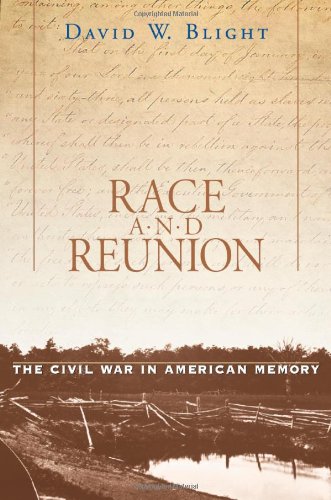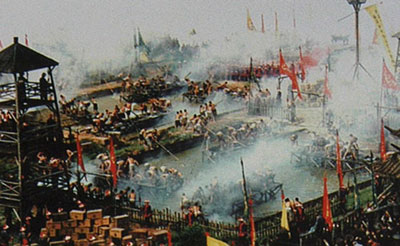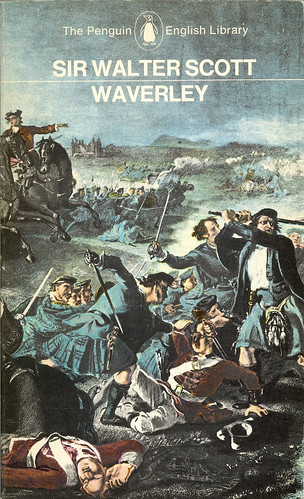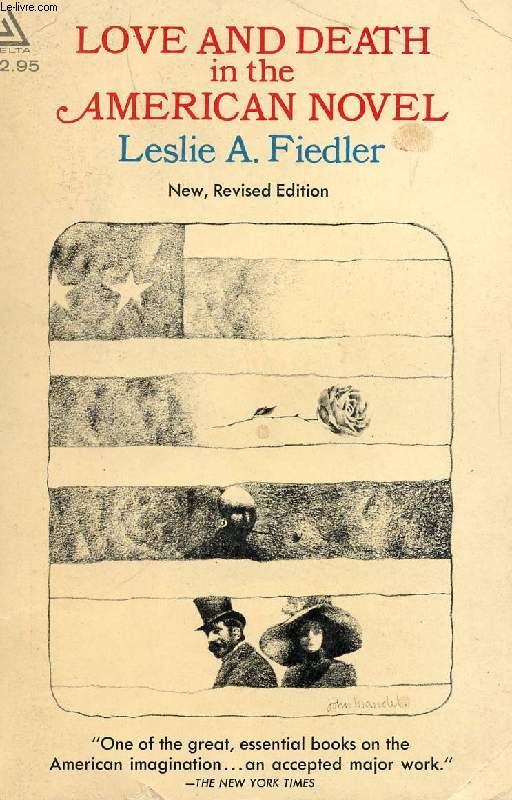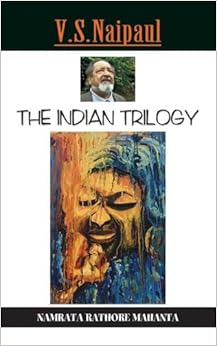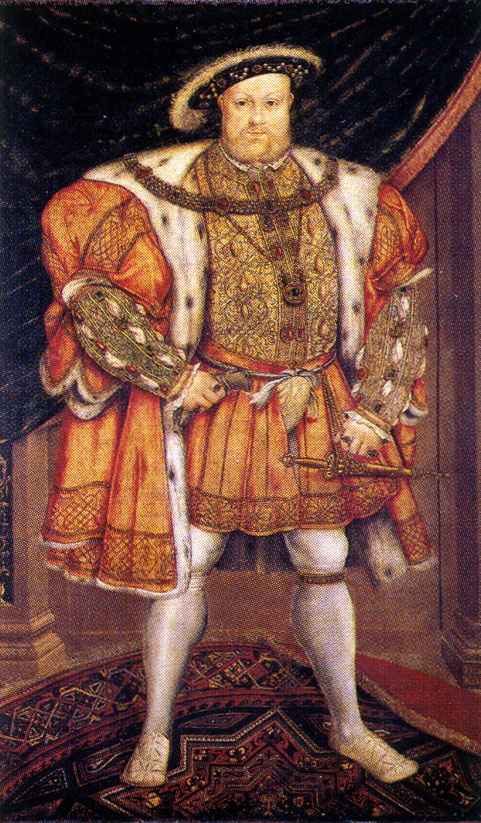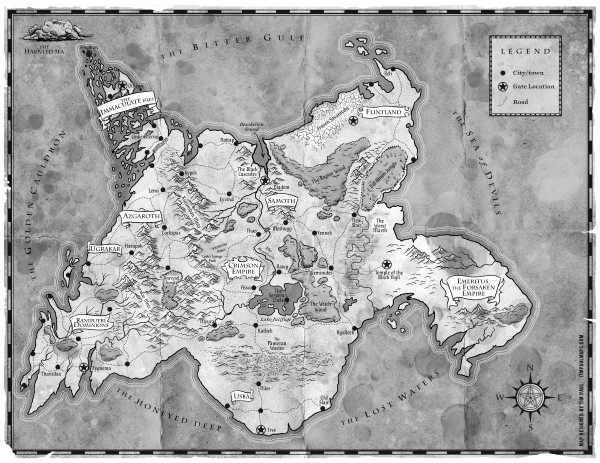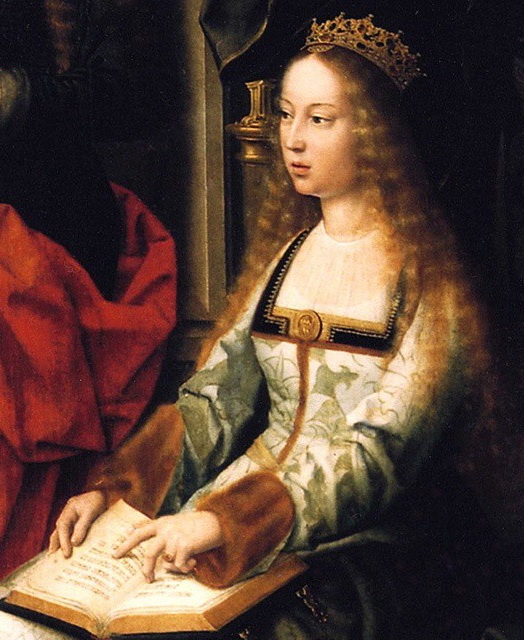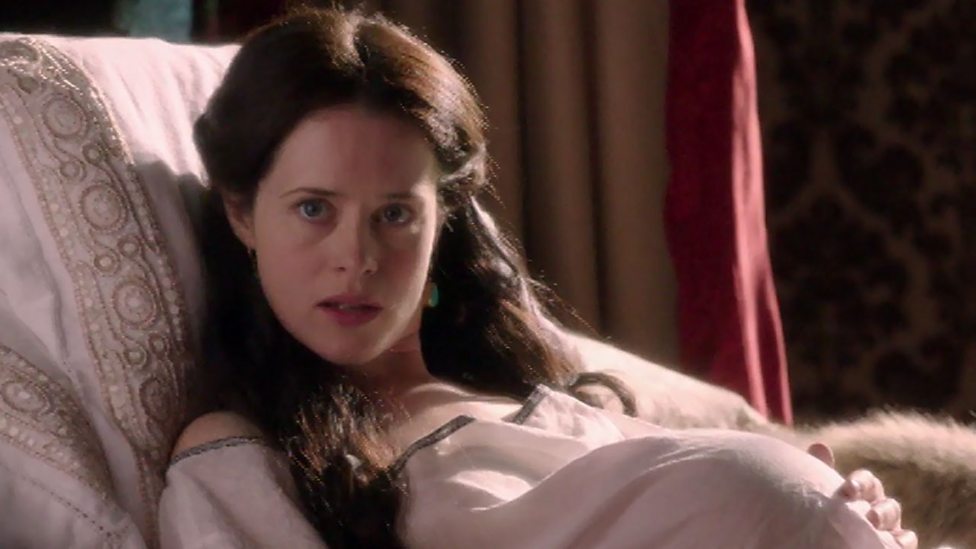Dan Simmons is well known as the author of such expansive science fiction and fantasy novels such as the
Hyperion and the
Endymion series. The list of his novels is long, and almost all their titles a classical references, meaning classical in the sense of Greco-Roman mythology as seen above, or 19th century English and American literary canon, from
Drood (Charles Dickens) to
Carrion Comfort (Gerard Manley Hopkins) and
The Hollow Man (which whether or not in T.S. Eliot it was "Men" still brings the poet to mind) -- and even
Endymion, beyond the Greek myth is also a poem by Keats).
Simon's latest novel,
The Fifth Heart (2015), mashes together several nineteenth bold-face names in American and English Gilded Age fiction and history, authors and characters alike. This is a fin-de-siècle era meta novel of genres, a text constructed upon a variety of narrative and point of view modes.
*
The tale's hub is the 1885 mysterious suicide of
Clover Adams, historian Henry Adams wife. The narrative opens in 1893 with Sherlock Holmes, who is in the midst of his three-year disappearance after the events at Reichenbach Falls; he's accepted the assignment -- presented to him by whom? -- to investigate what Holmes has been assured was not a suicide but Clover's murder. Though Holmes appears certain from the very beginning of the novel that Clover was murdered, suicide is also a theme from the first pages.
Present from the beginning too, is
Henry James, who introduces Holmes to John and Clara Hay, Sherlock's companion, so-to-speak in his assignment, and who narrates in the manner of his own novels, as the detached, but invested observer, such as Fanny Assingham in
The Golden Bowl. However, there other narrations going on in this novel, to which drawing the reader's attention the narrative voice(s?) go out its / their way to do.
Among the historical figures we have the character of John Hay, who was the unpaid second secretary to President Lincoln during the Civil War, serving as assistant to the official secretary, John George Nicholay. After the war, Hay tried his hand at journalism, worked abroad for the state department, co-authored with Nicholay the ten- volume
Abraham Lincoln: A History (1890). Hay married banking magnate Amasa Stone's wealthy daughter, Clara Louise Stone, in 1874, making a salary moot for the rest of his life. Settled in Washington D.C., he served in various capacities at elevated levels of government, including as Secretary of State for presidents McKinley and Theodore Roosevelt.
 |
Clara Stone Hay by Anders Zorn (1860–1920),
|
 |
| Clarence King on far right. King was an American geologist, mountaineer, and author. He served as the first director of the United States Geological Survey from 1879 to 1881. He also was perpetually broke. Adams and Hays often bailed him out. |
Henry Adams, my favorite American historian, invented the discipline of medieval history for academia in the United States at Harvard. He wrote the brilliant multi-volume history of the administrations of Jefferson and Madison, which as great-grandson and grandson of the two Adams POTUSes, he was in the most excellent of positions to do. He wrote copiously for the high end journals of the day and also for newspapers, particularly in the run-up to the Civil War. His quirky, self-embittered
Education of Henry Adams covers a lot of the ground leading up to the Civil War, and the war as conducted abroad, who, as son and private secretory to Francis Adams, a senator and once presidential candidate for the Free Soil party, and the head of the Lincoln's Legation to St. James, put Henry again in the best position to do. He wrote two anonymously published novels, both of which are rumored to have a female figure modeled on Clover Adams.The political novel,
Democracy, was vicious about presidents Grant and Garfield. Some say that Andrew Johnson was also satirized in
Democracy -- but it's not possible to satirize the disaster that Johnson and his administration were. As an Adams, with a brother who was very good at making money, Henry Adams was a comfortably wealthy fellow.
Hay and Clara, Henry Adams and Clover, in company with the most manly of them all, Clarence King (King could give Theodore Roosevelt more than a run for the money in the outdoor manliness race), formed the most select of social circle clubs, calling themselves The Five of Hearts. Adams and Hay were such close friends their mansions were built adjacently, on D.C.'s H Street. It was their friend, Clarence King, who, without an abode of his own, presented the Five of Hearts club with the famous five hearts-embossed tea set and stationary. Receiving a summons on that stationary to drink tea on H Street would bring even "a president running barefoot across town in the snow" -- though the White House was just across Lafayette Square from the club's H Street mansions, so such an invitation might not quite as much a heart stopper as the clubbers believed.
The American class system is a strong theme running through
The Fifth Heart. Henry and Clover, John and Clara, Clarence King, by the advantages of birth, possess the wealth and power that put them at the apex of privilege. Henry James, by virtue of his own family's solidly middle-class intellectual affiliations, is among the intellectual and artistic elite, acceptable to the company of the highest-toned aristocrats. However, James lived mostly abroad because the U.S. is too raw for him. Naturally then, it is James who meditates on who is and who is not a gentleman and what a gentleman is and does. Neither is he manly, nor is he rich -- he frets constantly about his lack of financial and popular success. And there's that shifty, unidentified narrator, who keeps drawing attention to -- we presume --
himself, and who narrates extensively upon the others' speculations about who belongs and who doesn't. Finally there's Sherlock, who is no gentleman at all, not even American, and, unlike the others, a character.
Also, Sherlock is tall.
Presumably then, the title itself says that in some way
The Fifth Heart is in dialectic with the Five
of Hearts club. We should keep in mind that the average of the combined heights of all five of the members of The Five of Hearts Club was 5 feet 3 inches. These were
little people. Their room for drinking tea with their Hearts tea set was made with furniture and other furnishings scaled to their littleness. They were little in other ways: anti-semitic (Adams), anti-woman (King) and anti-immigrant (Hay). They were snobs, mean with their snobbery, and provincial in their snobbery, for all their traveling in other climes and acquisition of the most rare, expensive and beautiful objects of art and decoration. They could have come out of James's
The Golden Bowl, Daisy Miller and
The Americans.
This is a novel all of whose elements (except, perhaps Holmes) are of great import to me as an historian, particularly Henry and Clover Adams. Hay, like Nicholay and Adams, are essential to the understanding of so much American history. For a long time Henry James was my favorite novelists. A novelist who mapped many of his characters directly upon the people he knew. This includes the Adamses, as in
his short story, "Pandora", in which the central figure is Henry Adams.
I personally am certain that Clover Adams tragically took her own life.
Melancholia, as the disturbances brought by depression and bi-polarity were known as in those days, ran in her family on the maternal side. She and Henry were no longer as close as they had been initially. Much of that was Henry Adams's own bitter disappointment that his great historical studies of early America, Jefferson's and Madison's administrations, did not achieve praise and wide readership. It is also hinted the bitterness came because he'd never become POTUS, or even a Senator. (It was said among various of his contemporaries that born with a silver spoon in his mouth, Henry Adams expected the presidency would be given to him on a silver platter, nothing he had to work to get.) Another contribution was his sense that he was born into a world for which he hadn't received the training to be successful -- something that happens to many people as they age, and the world changes rapidly.
Ultimately a self-centered fellow, Henry didn't, or couldn't, provide Clover the tender attention she should have been receiving -- and as well, schooled in New England repression, she rejected attention, comfort and succor.
That Adams's eyes wandered to other, more happy and lively women -- happier and livelier than himself too -- is not anything for which it seems Clover's suicide should be blamed. It was another symptom of her illness, not the cause of suicide. Moreover there are barely even hints that the very physically fastidious Adams ever was physically unfaithful. If infatuation caused Clover's suicide there would have been few wives left alive in the Washington of that era, including Clara Hay. The historical record shows that in 1887,
James Tuttleton wrote:
John Hay fell in love with Nannie Lodge, the beautiful wife of Senator Henry Cabot Lodge. Their affair was conducted by indirections so circumspect, in the gossipy Washington society of the time, that their usually “thwarted assignations” could only have caused them both continual frustration.
There's also a great deal about both Hay and Adams's later life love affairs in
Clover Adams: A Gilded and Heartbreaking Life (2012) by Natalie Dykstra.
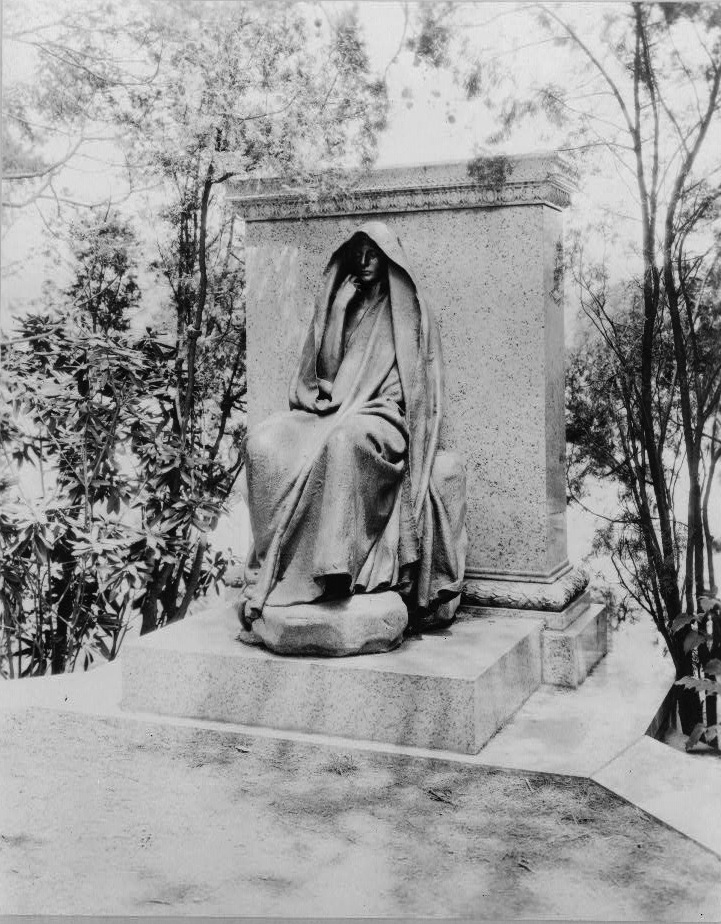 |
| Henry Adams commissioned this mourning memorial to his wife, Marian (Clover) Hooper Adams. |
More than likely the death of her dearly beloved father triggered a deep depression from which Clover never recovered.
I recoil from mash up fiction generally, but this one, with the characters it has, the historical era, was an exception, so much so I went out of my way to obtain a copy.
-------------------------------
* Just as a great deal of
The Fifth Heart's text is built out from the previous works of Doyle and James, and books about them, and the central figures,
such as The Five of Hearts: An Intimate Portrait of Henry Adams and His Friends 1880-1918 by Patricia O'Toole (1990).







